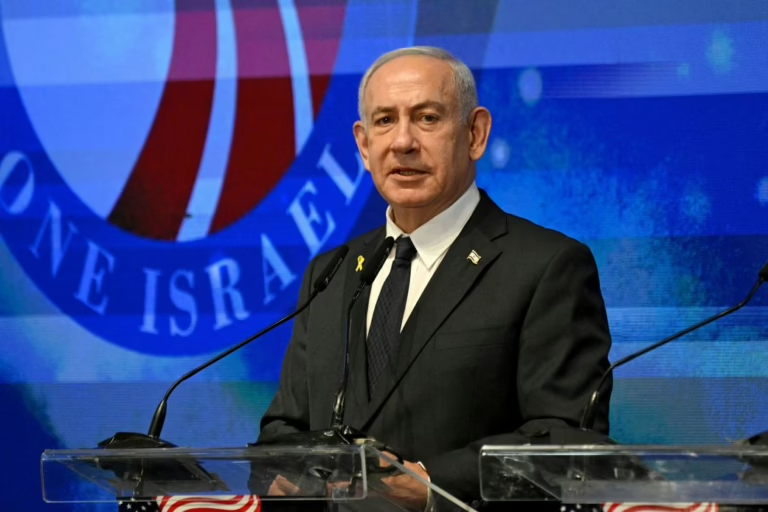On Monday, September 15, Israeli Prime Minister Benjamin Netanyahu openly recognized that Israel is encountering a significant degree of international isolation as a result of its ongoing conflict in Gaza, which has now spanned nearly two years.
Addressing attendees at a finance ministry event, Netanyahu cautioned that this diplomatic estrangement might persist for an extended period. He emphasized the necessity for Israel to adjust both its economic strategies and military capabilities to endure these challenges.
Netanyahu stressed the importance of Israel’s economy evolving towards greater self-sufficiency, advocating for what he described as “autarkic traits” – a shift away from heavy reliance on global trade networks. He admitted discomfort with the term, recalling his previous support for liberal economic policies, but acknowledged that the current geopolitical climate demands a new approach.
Highlighting the defense sector as particularly vulnerable, Netanyahu pointed out that mounting restrictions on arms exports from European countries compel Israel to bolster its indigenous weapons manufacturing.
“We must transform into a fusion of Athens’ intellect and Sparta’s strength. This is not optional but essential for the foreseeable future as we confront these attempts at isolation,” he declared.
This statement represents a rare public acknowledgment of the international backlash Israel is experiencing due to its military actions in Gaza. Various humanitarian groups, the United Nations, and multiple Western governments have expressed concern that Israel’s expanding operations risk increasing civilian casualties, intensifying allegations of genocide-which Israel vehemently denies-and deepening its diplomatic seclusion.
Several European nations, including France, Spain, the Netherlands, Italy, and the United Kingdom, have either enacted or are contemplating arms embargoes against Israel. Meanwhile, the United States remains Israel’s chief military supplier and has resisted imposing restrictions, although a temporary Biden administration pause on heavy bomb deliveries was reversed during the Trump era.
Within Israel, Netanyahu’s approach faces growing opposition. Families of hostages held in Gaza, segments of the military, and political adversaries have urged restraint, warning that escalating the conflict could jeopardize hostage safety and further damage Israel’s global reputation. Protests in Tel Aviv over the weekend reiterated demands for prioritizing the hostages’ release.
Opposition leader Yair Lapid criticized Netanyahu’s remarks sharply on social media, stating, “Isolation is not destiny; it is the consequence of Netanyahu’s misguided and unsuccessful policies.” Former military chief Gadi Eisenkot, who is preparing to enter politics, cautioned that “there will be no opportunity to undo the harm inflicted by Netanyahu and his allies who abandoned the hostages and alienated Israel internationally.”
Netanyahu partially attributed Israel’s diplomatic estrangement to what he described as “an extremist Islamist influence” shaping European foreign policies, alongside rival nations like Qatar manipulating global discourse through social media platforms. He warned that this could escalate into economic sanctions and further curbs on arms imports.
Despite these challenges, Netanyahu maintained that Israel’s economy remains robust, citing a buoyant stock market and declining inflation rates. “Investing in Israel is a wise decision,” he asserted, pledging to enhance domestic weapons production and reduce dependence on “Western European leaders who capitulate to radical Muslim minorities within their borders.”
Finance Minister Bezalel Smotrich echoed Netanyahu’s confidence, lauding Israel’s economic fortitude amid the ongoing conflict.
Earlier that day, Netanyahu met with U.S. Secretary of State Marco Rubio, who reaffirmed America’s steadfast support for Israel and criticized countries such as France, Canada, and Australia for their moves toward recognizing a Palestinian state ahead of the upcoming United Nations General Assembly session.


















0 Comments